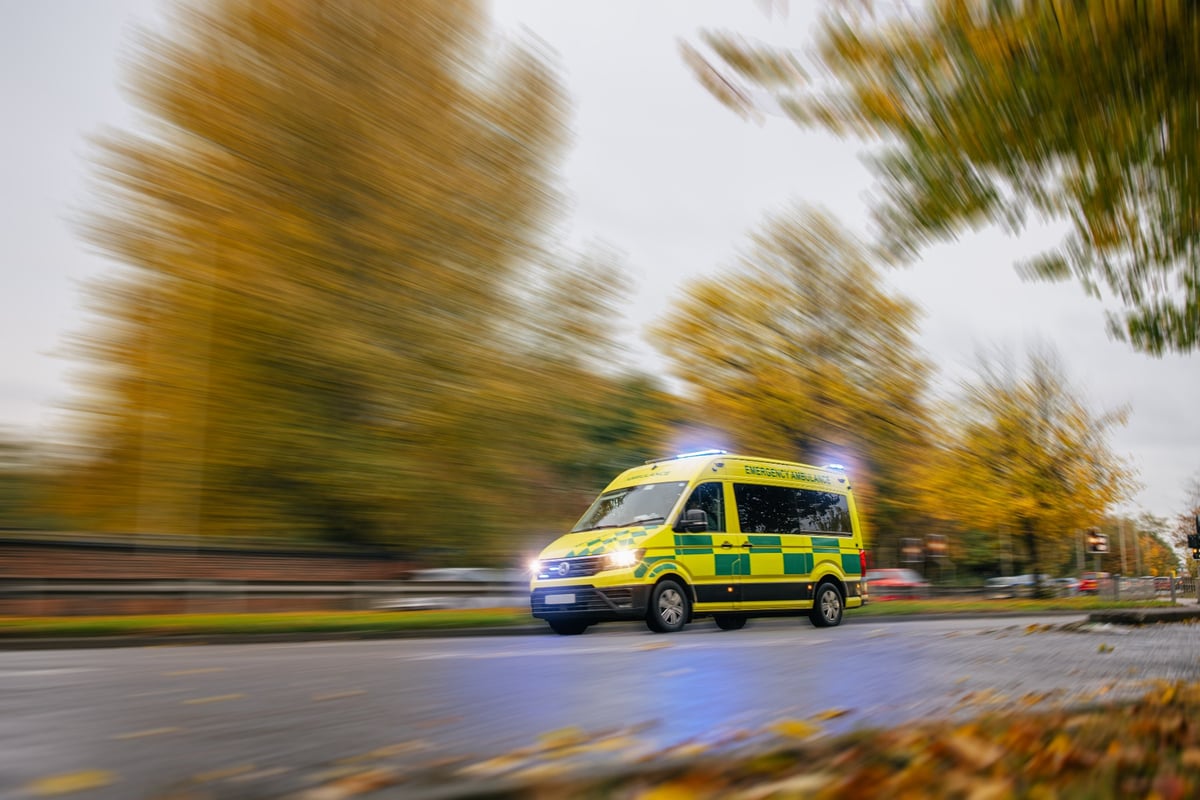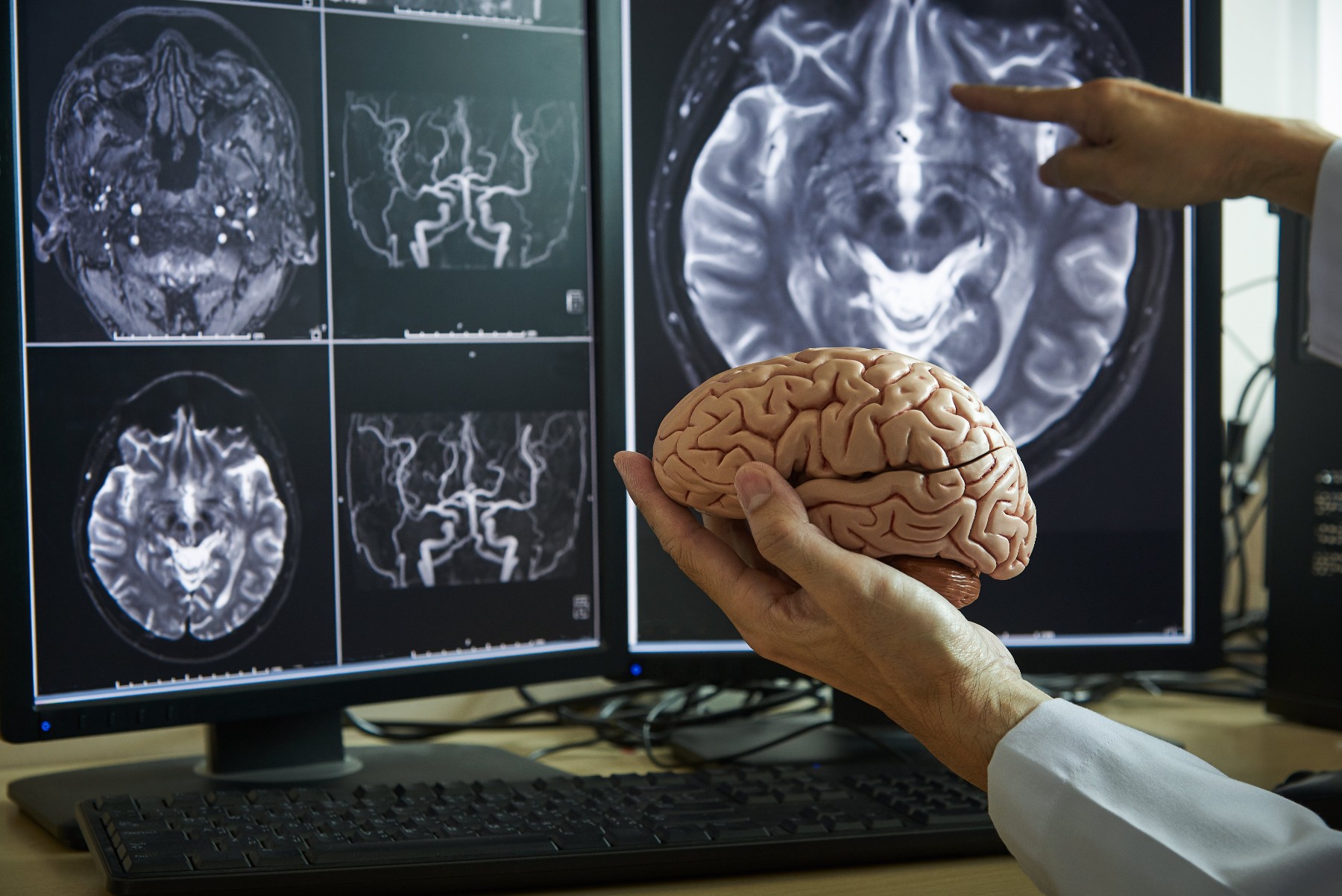
The wee hours of the morning could be the most dangerous for someone on the brink of suicide or homicide, a new study shows. There’s a five-fold greater risk for suicide and an eight-fold greater risk for homicide between 2 a.m. and 3 a.m. for those awake in the still of the night, researchers report.… read on > read on >






























